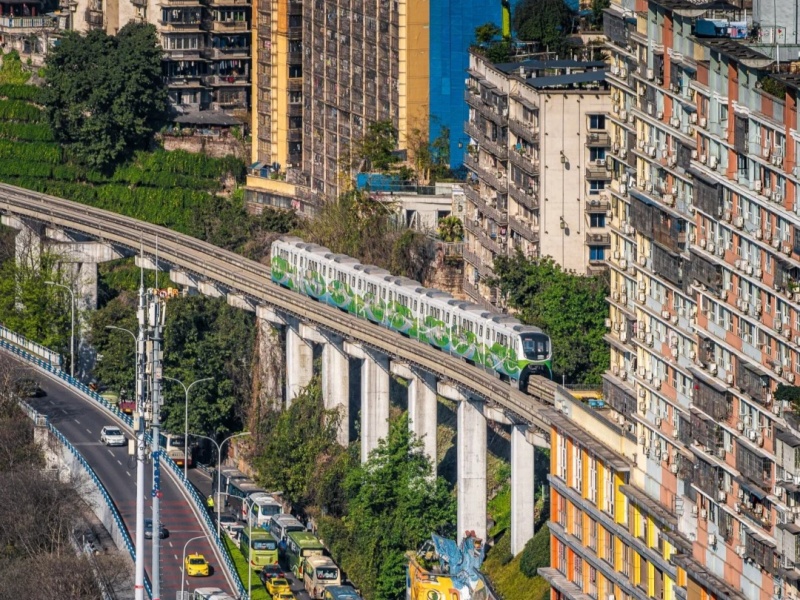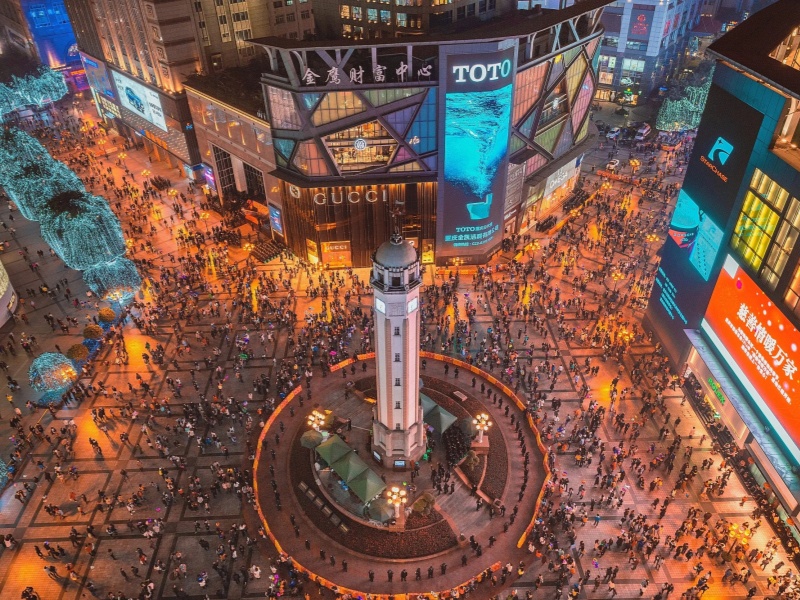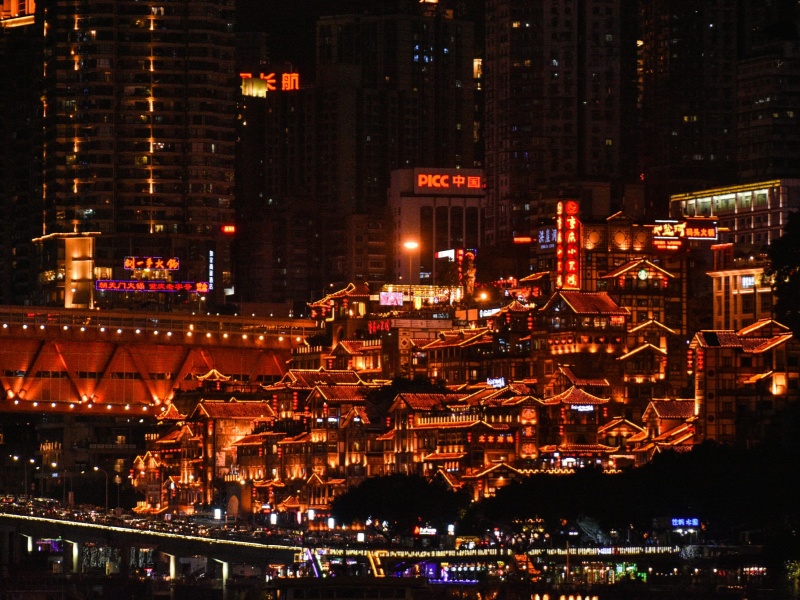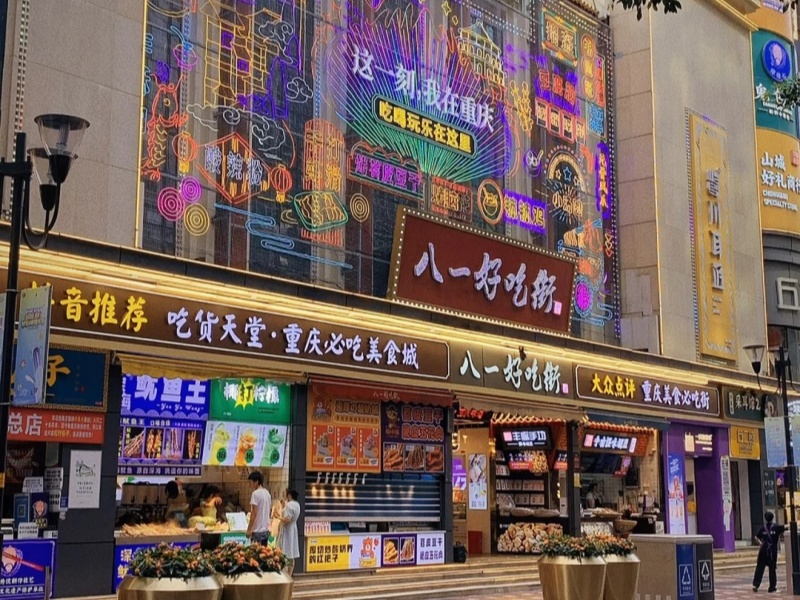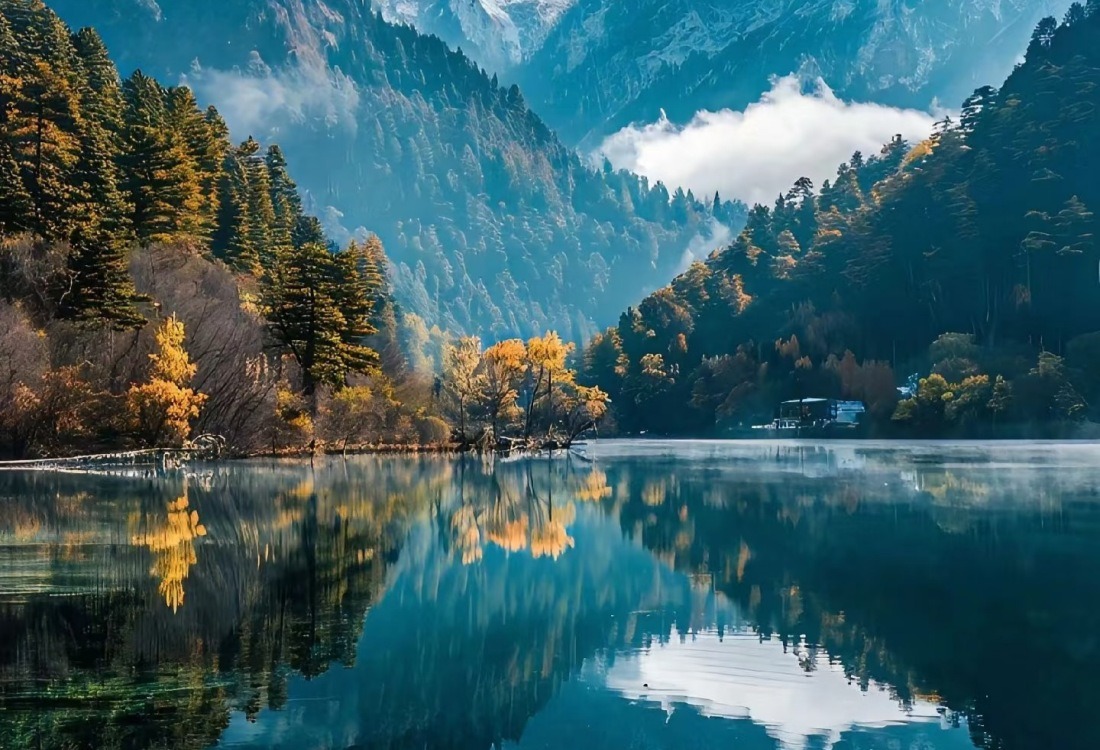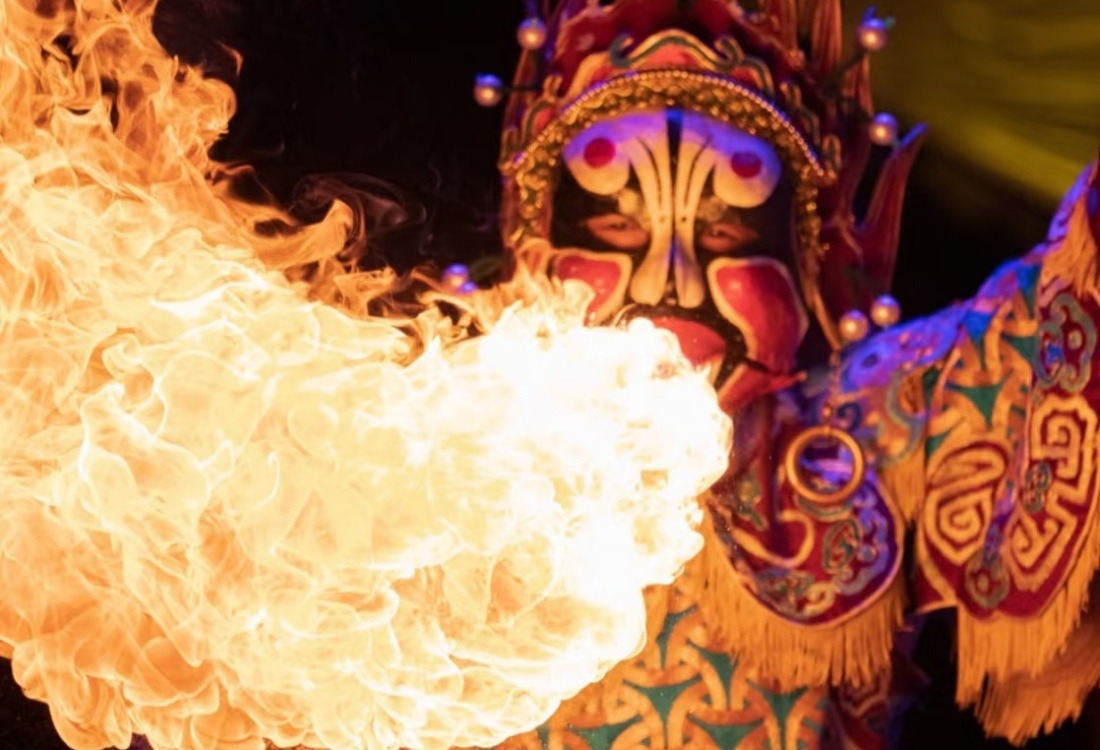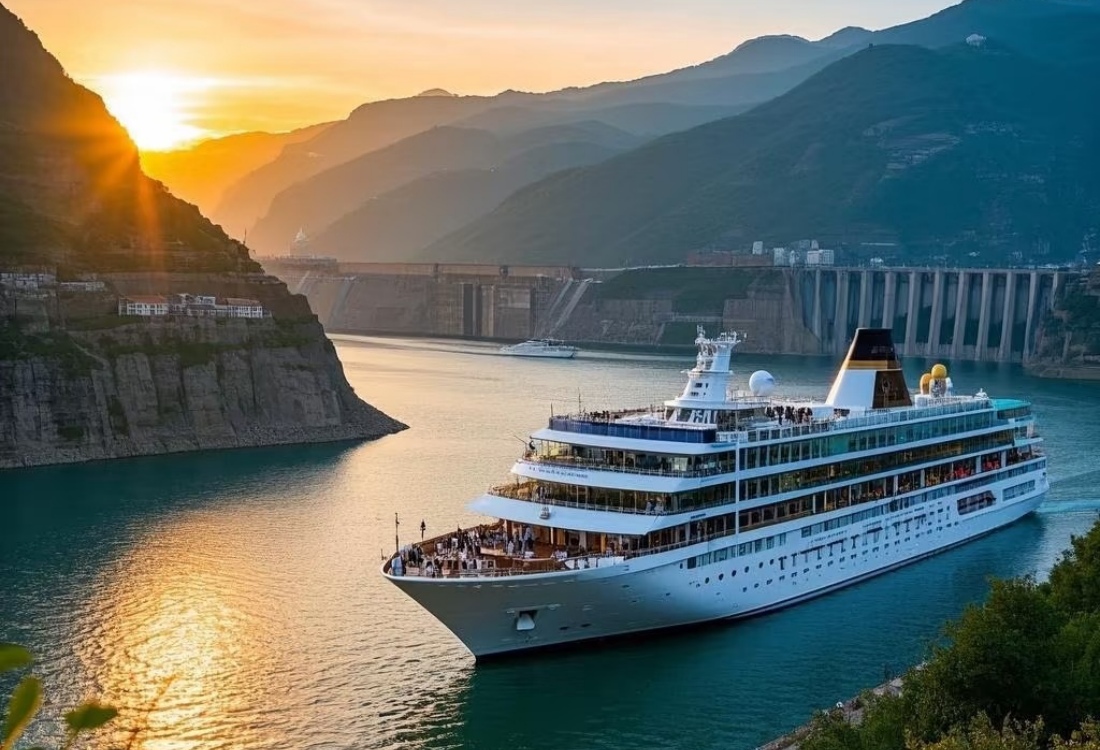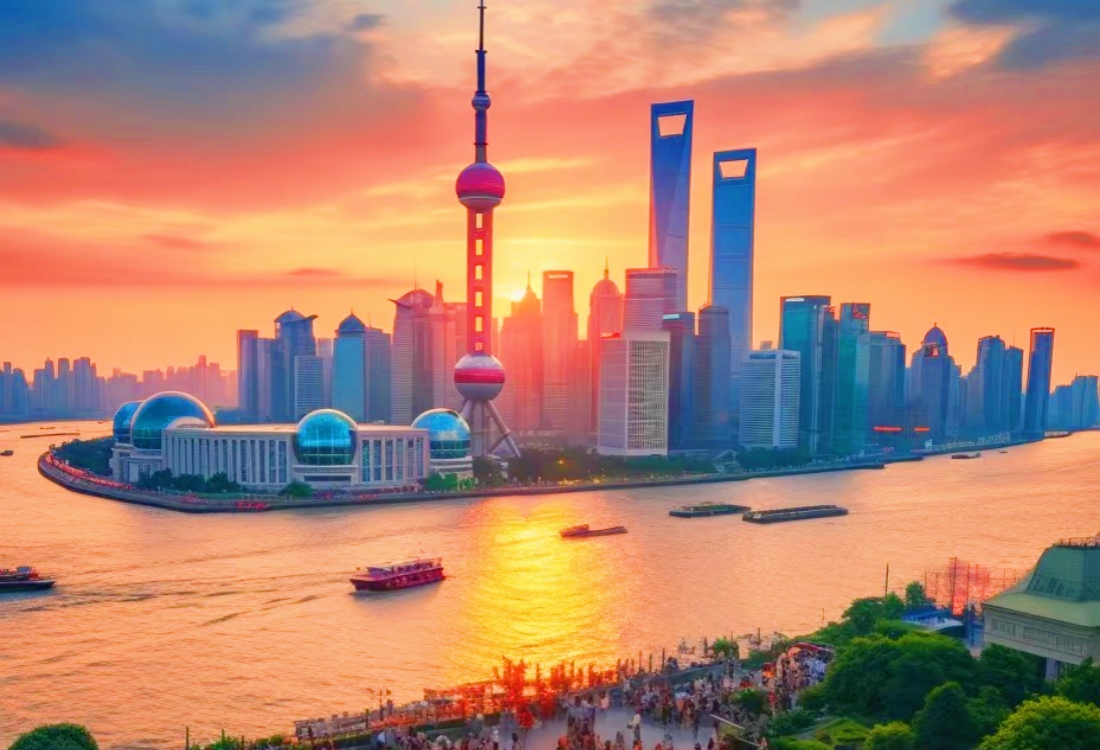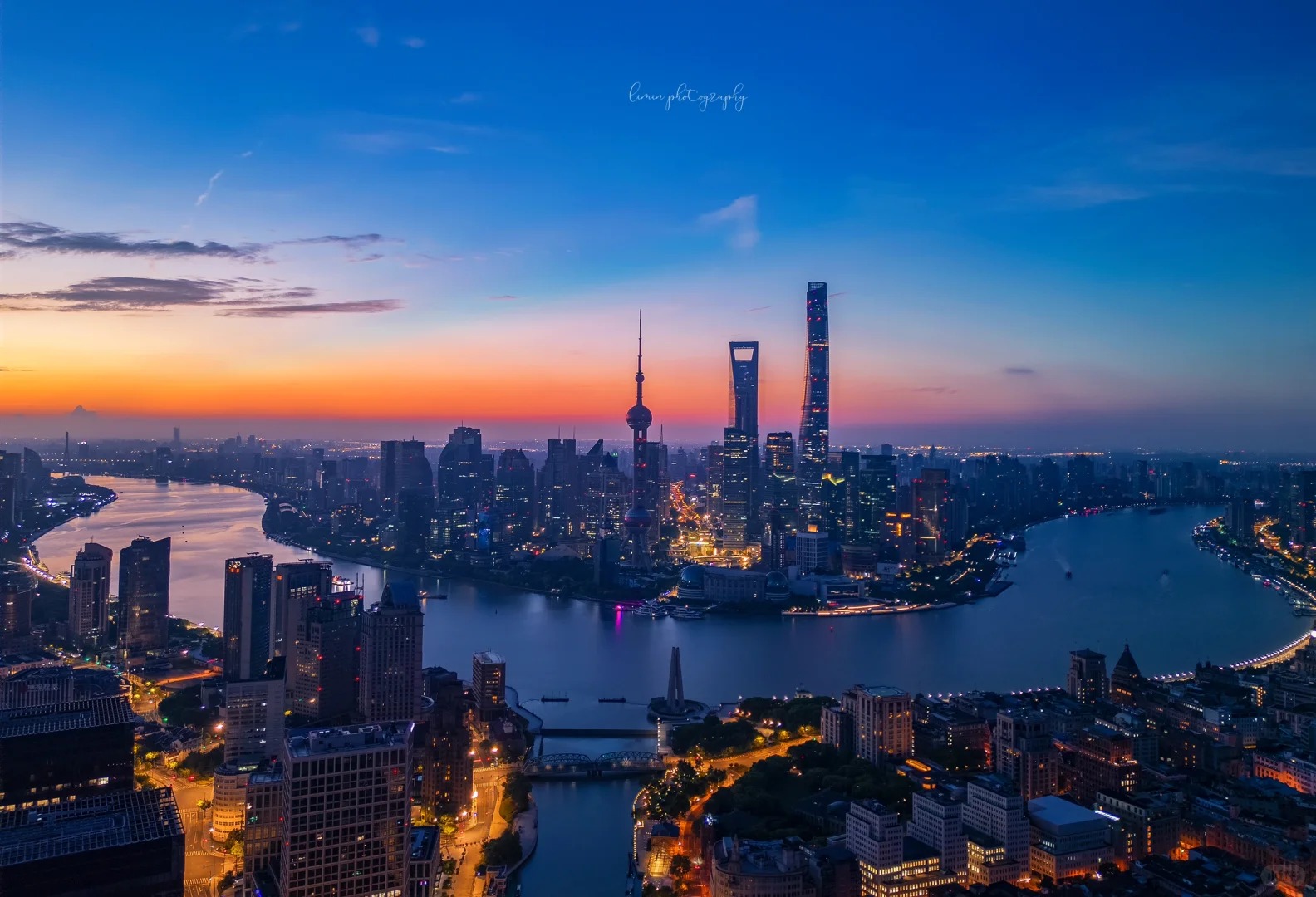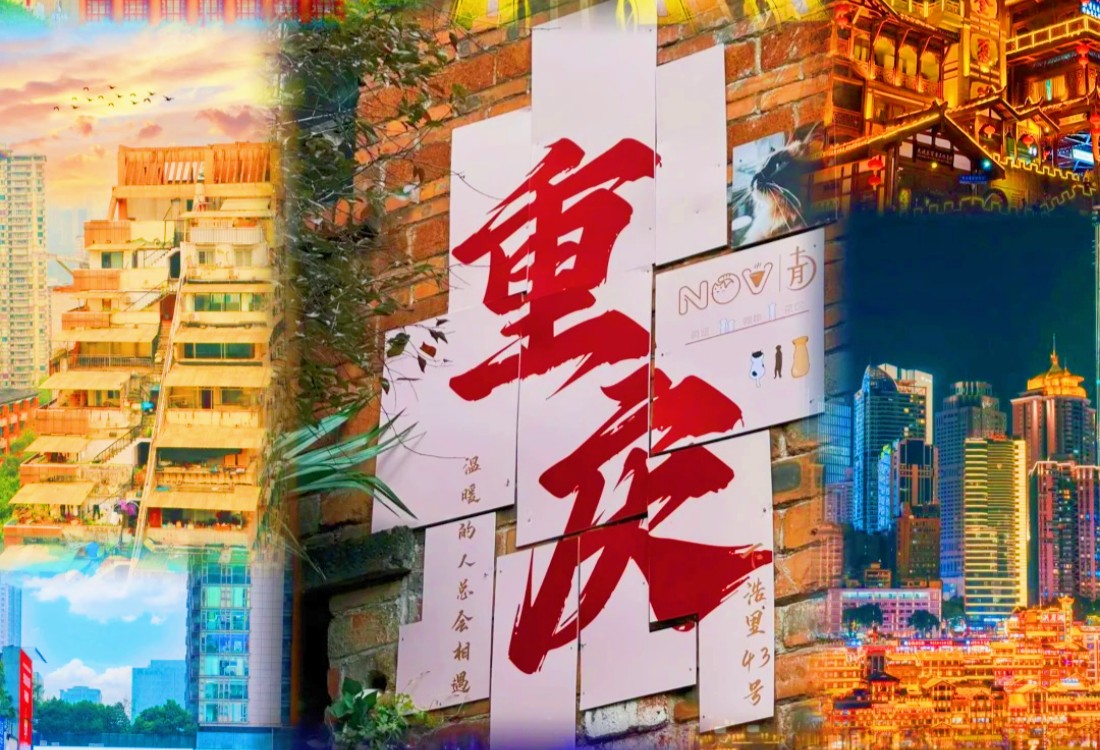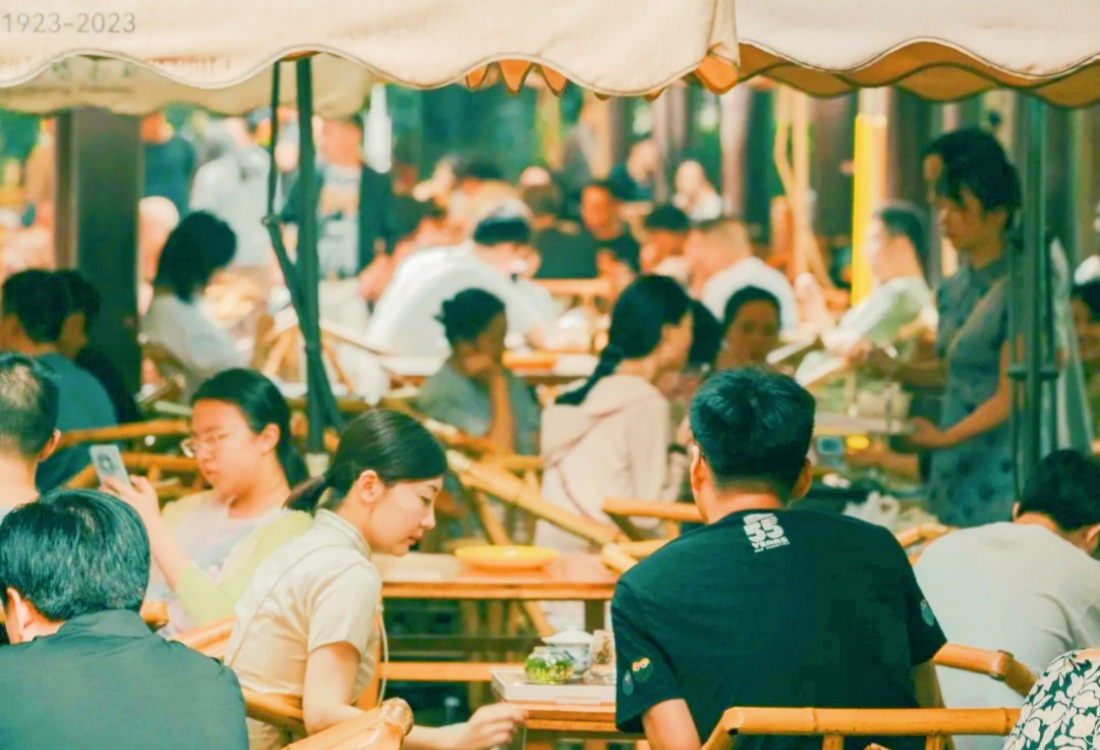Table of Contents
ToggleChongqing is known for its beautiful landscapes, unique architecture, and rich history. One of the must-see places in the city is Liziba Station. This station isn’t just a transportation hub; it’s a popular tourist spot for its unique design and breathtaking views. If you’re planning a trip to Chongqing, here’s a simple guide to help you explore Liziba Station and its nearby attractions.
What Makes Liziba Station So Special?
An Architecture Marvel
Liziba Station, located in Chongqing’s Yuzhong District, is a standout feature of Chongqing Rail Transit’s Line 2. The station is renowned for its unique design: the monorail line actually runs through the 6th to 8th floors of the 19-story Zhushangheyi Building. This impressive integration of transportation and residential spaces was planned from the outset, with both the station and building designed and constructed together between 2004 and 2005. Liziba Station is a prime example of how Chongqing’s urban planning tackles the city’s steep hills and dense infrastructure. It has become a symbol of the city’s innovation, seamlessly blending modern transit solutions with everyday life.
To ensure residents aren’t disturbed by the trains, engineers installed special noise-reduction equipment. This clever solution allows for a peaceful coexistence between a busy metro line and people’s homes. The station has even been recognized as one of China’s “70-year Growth Landmarks,” celebrating the nation’s progress in urban development.
Monorail Through Buildings & Chongqing History
Visiting Liziba Station offers more than just a unique photo opportunity; it provides a glimpse into how creative urban planning can solve complex city challenges. Beyond the impressive monorail structure, the station also houses the Bayu Old News Exhibition Hall, a small museum showcasing the rich history of old Chongqing. Through informative text and images, the exhibition highlights the city’s significant role during the War of Resistance Against Japan. Guided tours are often available, providing visitors with deeper insights into the region’s fascinating past.
Best Time to Go
For the best weather and clear views for photos, plan your visit during late spring (April–June) or autumn (September–October). Chongqing’s weather is mildest during these times. To avoid the biggest crowds and get clearer shots of the train, try to visit on weekdays and steer clear of peak rush hours (usually 7–9 am and 5–7 pm). The station generally operates from 6:30 AM to around 11:30 PM or 11:49 PM, but it’s wise to check for any holiday schedule changes.
How to Get There
Getting to Liziba Station is straightforward:
- By Metro: The easiest way is to take Chongqing Metro Line 2 and get off directly at Liziba Station. This lets you experience the “train through building” phenomenon as a passenger.
- By Bus: Several bus routes, such as 465 and 871, stop near “Liziba Station.”
- By Taxi/Rideshare: Taxis are available, but traffic can be heavy in Chongqing. The metro is often faster.
- On Foot: If you’re exploring the Jiefangbei CBD, Liziba Station is about a 20-minute walk or a short taxi ride away, though be prepared for Chongqing’s hilly streets.
How to Fully Experience Liziba Station?
There are 3 main ways to fully experience the uniqueness of Liziba Station:
1. From the Viewing Platform
Directly across from the station, you’ll find a dedicated viewing platform—ideal for capturing photos and videos of the monorail as it enters and exits the Zhushangheyi Building. This spot offers an unbeatable view of this architectural marvel, set against Chongqing’s dynamic, multi-layered cityscape.
2. By Riding the Monorail
For a truly immersive experience, hop on Line 2 and ride through Liziba Station. As the train glides through the 6th to 8th floors of the residential building, you’ll get an up-close view of this unique design. Plus, the ride offers scenic views of the Jialing River and stunning city vistas, making it a must-do experience for anyone visiting Chongqing.
3. At the Entrance of Liziba Station
The entrance area of Liziba Station gives you a clean shot of the modern and functional design of the station. This area is also an excellent spot to capture the fusion of traditional and contemporary elements that define Chongqing’s skyline. The busy surroundings will add to the urban atmosphere, showing the station’s place in the heart of the city.
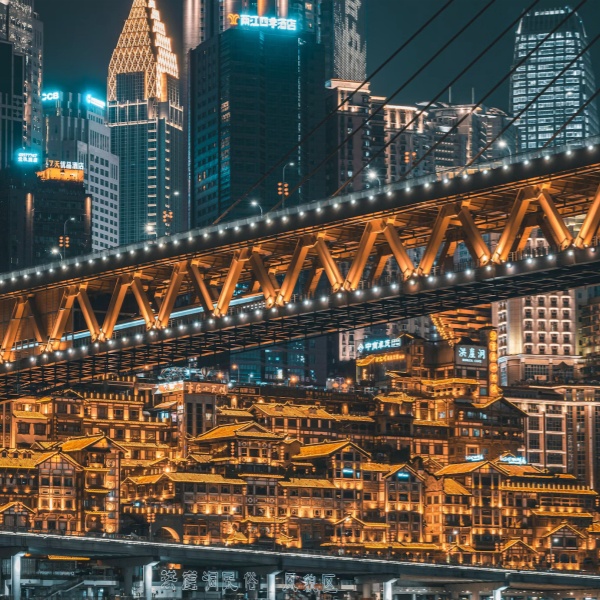
3 Days Chongqing Classic Tour: Downtown City and Dazu Rock Carvings
Attractions Near Liziba
Chongqing is a city packed with attractions, and many are easily accessible from Liziba Station. Here are some top attractions you won’t want to miss:
Jiefangbei Central Business District (CBD): A lively commercial hub perfect for shopping, exploring modern Chongqing, and enjoying diverse dining experiences.
Hongya Cave: traditional stilted buildings along a riverside cliff, brimming with food stalls, souvenir shops, and teahouses. It’s especially enchanting when illuminated at night.
Bayi Food Street: Located near Jiefangbei, this street is a food lover’s paradise, offering a wide array of local Chongqing delicacies, including the famous spicy hot pot and sour-and-spicy rice noodles.
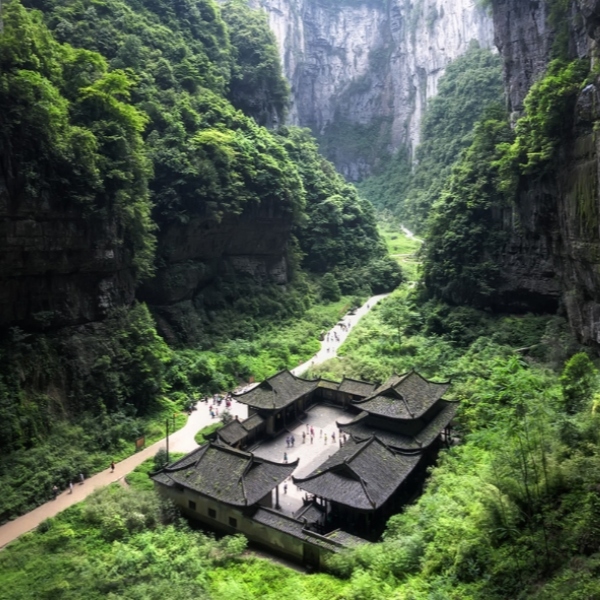
2 Days Chongqing Adventure Tour : Downtown City and Wulong Karst Geological Park
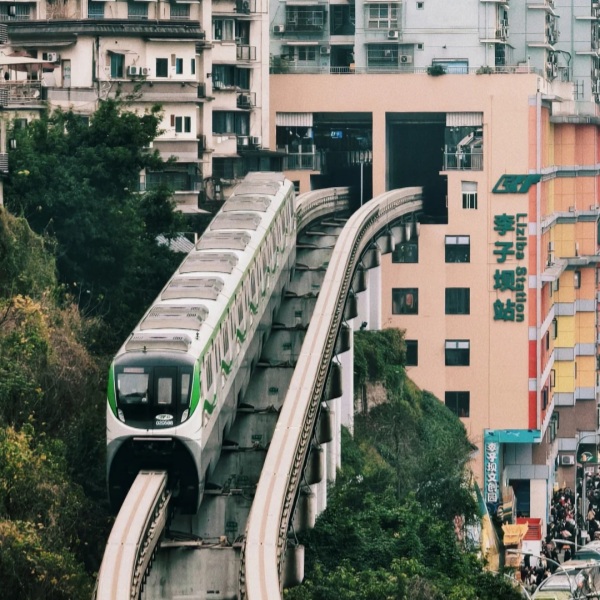
4 Days Chengdu & Chongqing Highlights Tour : Pandas & Hongya Cave
Frequently Asked Questions(FAQs)
When is the best time to take photos at Liziba Station?
The best time for photos is usually during daylight hours on a clear day. To avoid crowds, try visiting on a weekday outside of morning (7-9 AM) and evening (5-7 PM) rush hours. Evenings can also offer dramatic shots when the train and city are lit up.
Is there an entrance fee for Liziba Station?
No, there is no entrance fee to view Liziba Station from the outside viewing platform. If you want to ride the metro through the station, you will need to pay the standard metro fare.
How long should I spend at Liziba Station?
Most visitors spend about 30 minutes to an hour at the station itself, mainly to watch a few trains pass through and take photos. You can spend more time if you visit the Bayu Old News Exhibition Hall inside the station or explore the immediate vicinity.
Where are the best positions to take photos of Liziba Station?
The best photo spot is the viewing platform across from Liziba Station. You can also get great shots from inside the monorail and near the station entrance.
Read More: Where to stay in Chongqing


